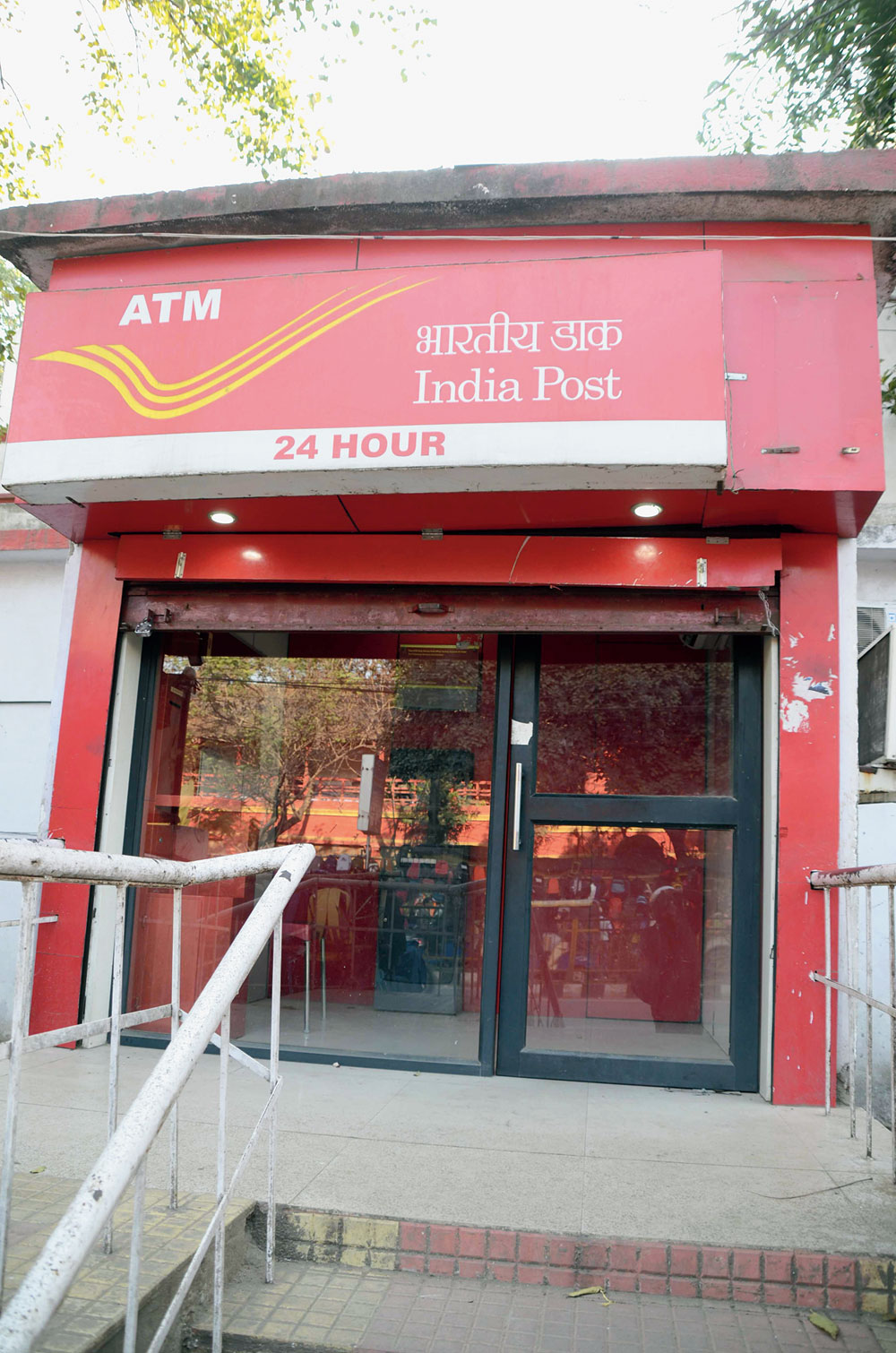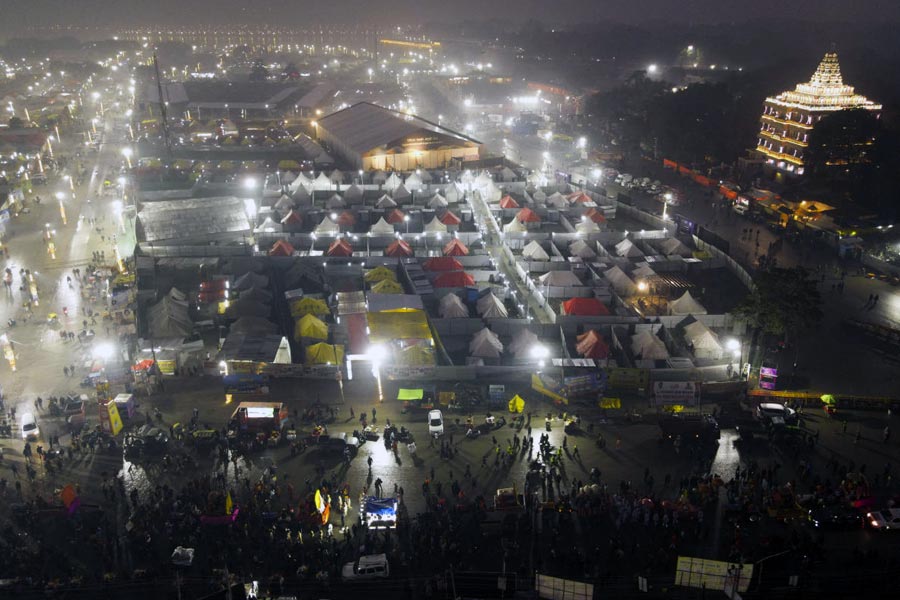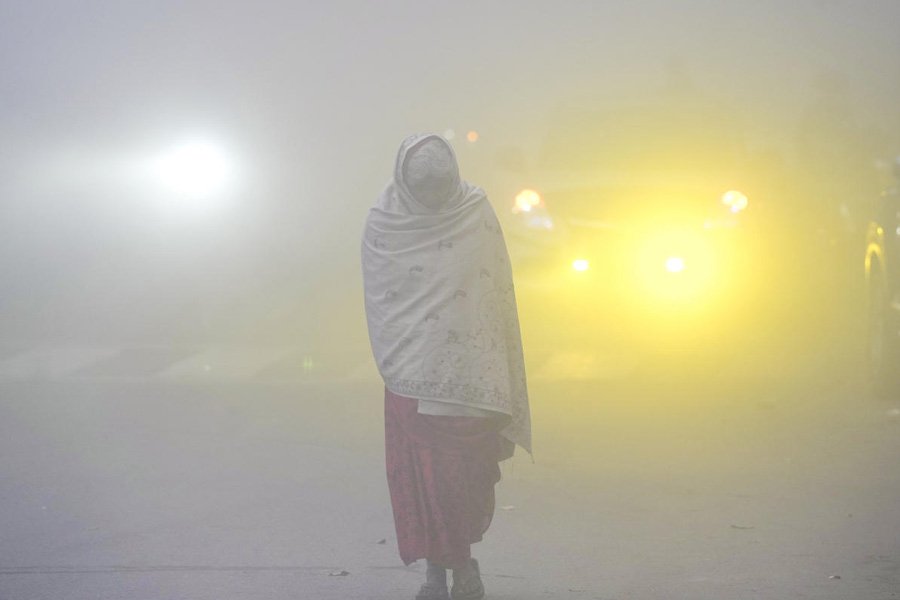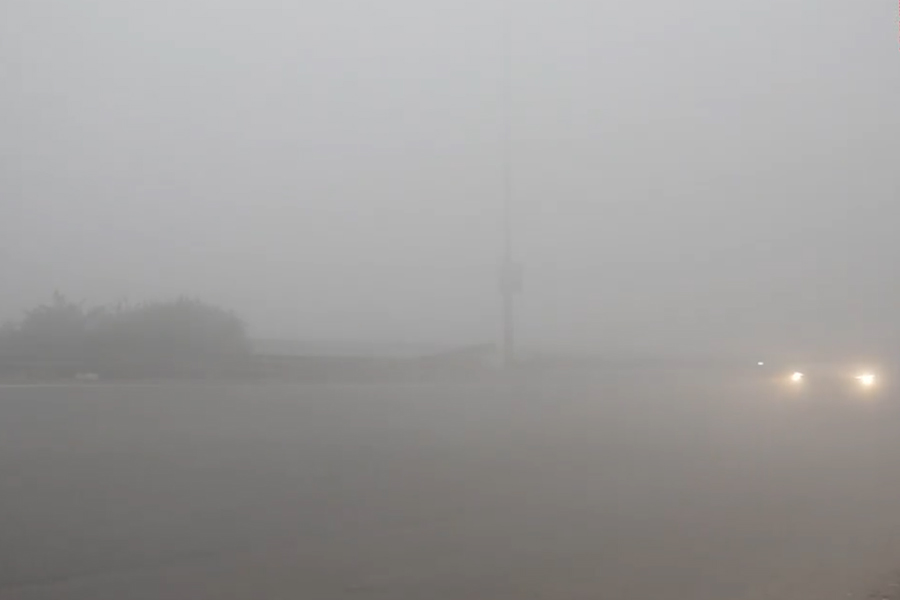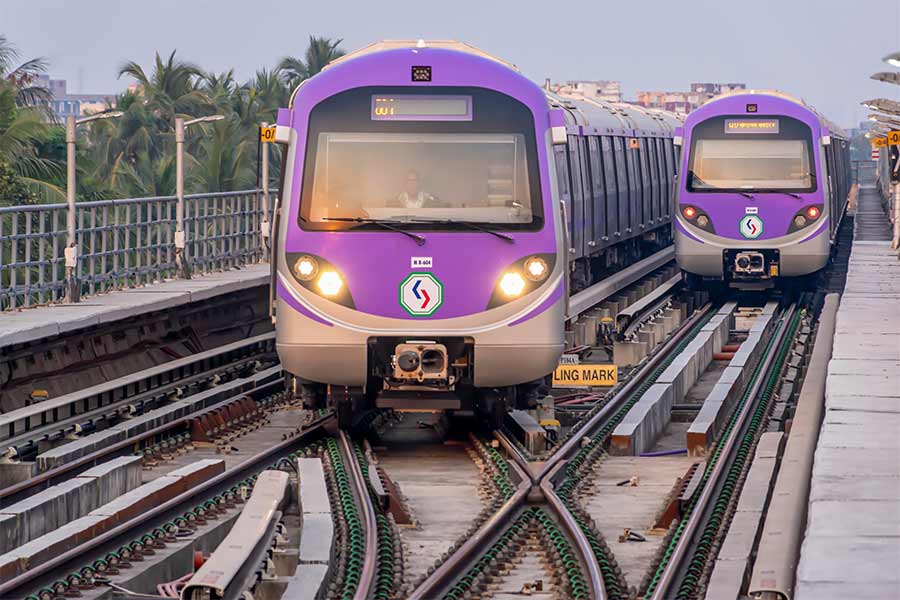Unlike Jamshedpur, most ATMs in the state capital survived the blow of the two-day nationwide strike, sponsored by central trade unions against the Union government’s alleged anti-worker policies, that otherwise took a toll on banking, insurance and postal services.
With around 6,000 bank employees and 14,000 postal employees joining the strike, all public sector banks and post offices under Jharkhand circle remained closed for the second consecutive day on Wednesday. The Doranda head post office witnessed a four-hour dharna.
“This is the first time since Jharkhand was born (in 2000) that a strike had such a huge impact on postal services,” said M.Z. Khan, national joint secretary of All-India Postal Pensioners Association, who joined the dharna to express solidarity with striking employees.
“All counters were closed; no letters or other articles were delivered; and even sorting of letters was not done at RMS (railway mail service) offices,” Khan added.
Most PSU banks, barring a few SBI branches, stayed shut but ATMs functioned almost normally.
“Our intention was not to cause inconveniences for the public,” said Rajnish Gupta, branch secretary of Corporation Bank on Hazaribagh Road who is taking part in the strike.
Trade unions, on the other hand, claimed the last day of the strike was equally successful. In a statement, the state unit of Citu once again “saluted the working class for their unprecedented active participation in the strike”.
State general secretary of Citu Prakash Viplav said the strike had received “tremendous support” from all sections of the society.
“This strike is a clear warning from the working class and toiling people of India that they are not going to take attack on their basic rights and living conditions lying down. The government should immediately put on hold all anti-worker amendments to labour laws,” he added.

